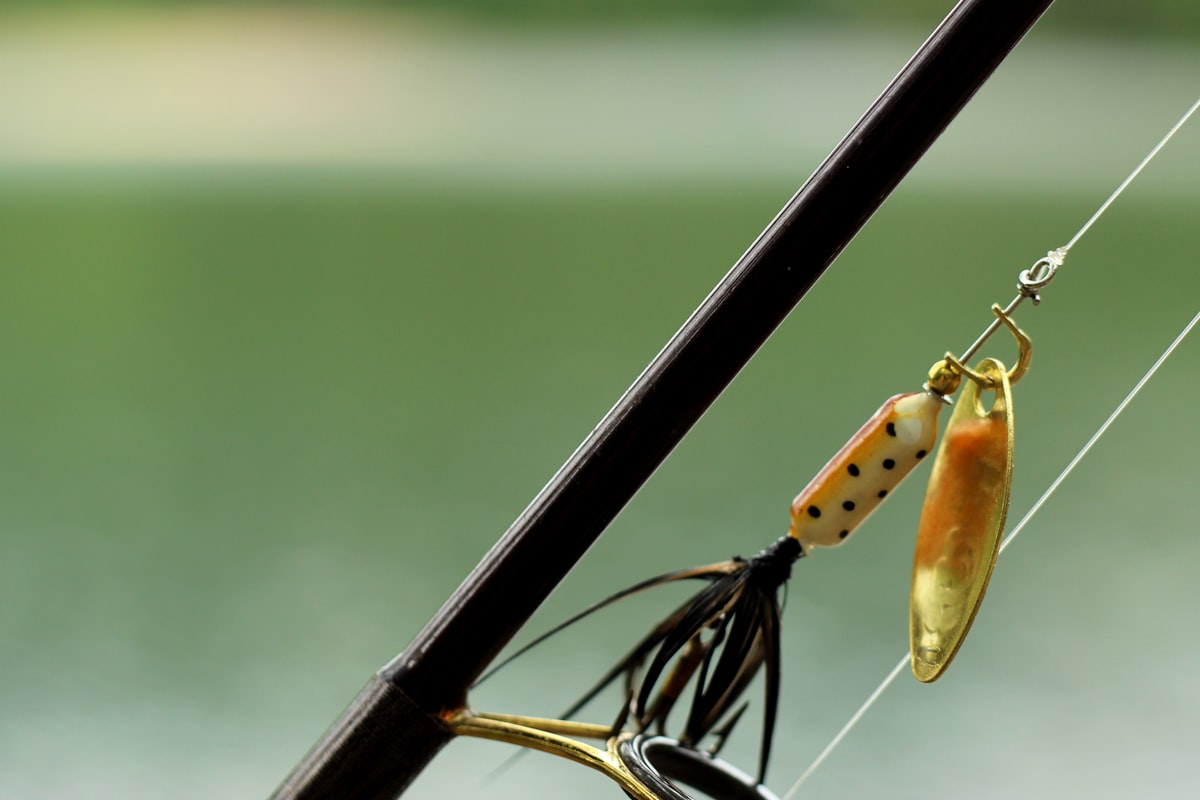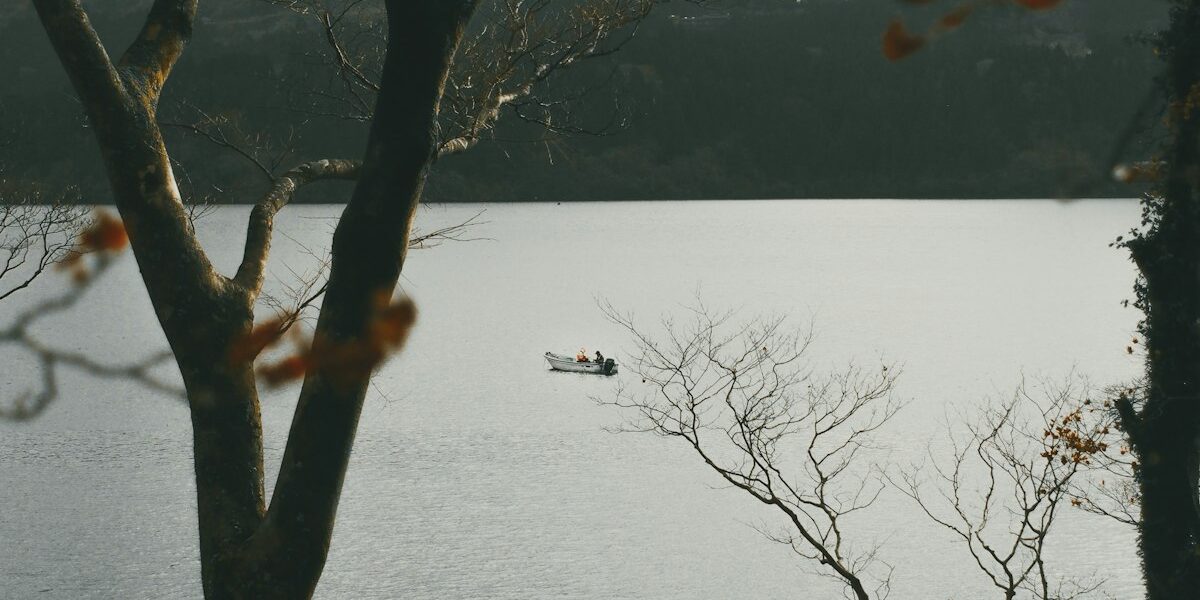How to Catch Fish in Coral Reef Areas
Fishing in coral reef areas offers a unique and rewarding experience. Coral reefs are home to a rich variety of fish species. To maximize your success and minimize harm to the ecosystem, there are several techniques and tips to consider.
Understanding Coral Reefs

Coral reefs are diverse underwater ecosystems. They are often called the rainforests of the sea. These structures are built by colonies of coral polyps and support a wide range of marine life. Fish, invertebrates, and algae are just some of the organisms thriving in these habitats.
Gear and Equipment
Using the right gear is crucial in coral reef fishing. Light tackle is often preferred due to the clear water and smaller fish species. A spinning rod and reel combo is versatile and effective. Use monofilament or fluorocarbon lines, as they are less visible underwater.

- Rods and Reels: Medium to light spinning rods with a fast action tip.
- Lines: 10-20 lb monofilament or fluorocarbon lines.
- Hooks: Circle hooks minimize damage to fish and coral.
- Lures: Soft plastics, small jigs, and surface poppers are effective.
Techniques
Drift fishing allows you to cover more area without anchoring, which can damage reefs. Cast your line as you drift along the reef. Vertical jigging is effective when targeting deeper structures. Drop your lure straight down and use an up-and-down motion to attract fish.
Fly fishing can be both challenging and rewarding. Use a lightweight fly rod with floating lines. Small streamer patterns resembling reef fish or shrimp work well.
Live bait is another highly effective method. Small fish, shrimp, and squid are common live baits. Hook the bait through the back or lips to keep it alive and active. This attracts larger predatory fish.
Target Species
Coral reefs host a wide variety of fish species. Each has distinct behaviors and preferred habitats. Understanding these can enhance your results.
- Snappers: Found near structures and ledges. Use live bait or jigs.
- Groupers: Often hide in crevices. Larger live baits are effective.
- Parrotfish: Graze on algae-covered rocks. Small lures and soft plastics work well.
- Trevally: Aggressive feeders. Surface lures and poppers are ideal.
Best Times to Fish
The early morning and late afternoon are peak feeding times. Fish are more active during these cooler periods. Tides also play a crucial role. Rising tides bring in nutrients and smaller fish, attracting larger predators. Coordinate your trips with these optimal conditions for the best results.
Conservation and Ethics
Coral reefs are sensitive ecosystems. Practice catch and release whenever possible. This ensures the sustainability of fish populations. Avoid anchoring directly on reefs. Use drift bags or sea anchors instead. Handle fish with wet hands or gloves to protect their slime coating.
Be mindful of protected species and local fishing regulations. Some fish and areas may be protected to preserve the ecosystem. Follow all rules and guidelines to contribute to conservation efforts.
Weather and Safety
Always check the weather forecast before heading out. Coral reefs can be hazardous during rough conditions. Wear a life jacket and carry safety equipment, including a first-aid kit and communication devices.
Inform someone about your fishing plans and estimated return time. Strong currents and waves can make reef areas dangerous. Stay aware of your surroundings and be prepared to return to safety if conditions deteriorate.
Local Knowledge
Tapping into local expertise can significantly improve your fishing experience. Local guides know the best spots and techniques for the area. They can provide invaluable tips and enhance your understanding of the local marine life.
Engage with the community and learn from their experiences. Many coastal towns rely on fishing and have a wealth of knowledge to share.
Setting Realistic Expectations
Catching fish in coral reef areas requires patience and persistence. It’s not always about the quantity of fish caught, but the quality of the experience. Enjoy the beauty and diversity of the reef. Appreciate the moments spent in such a remarkable environment.
With these tips, you can enhance your fishing skills and contribute to the preservation of coral reef ecosystems. Happy fishing!



